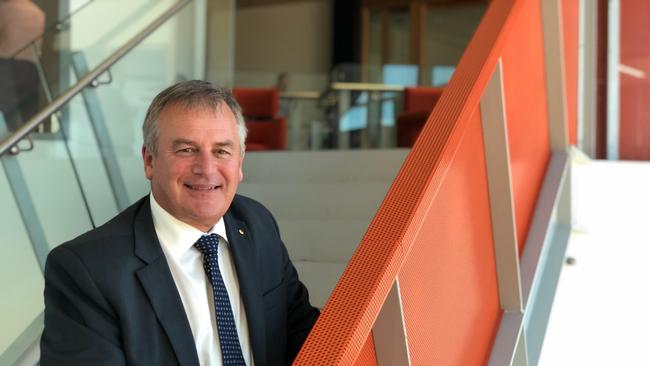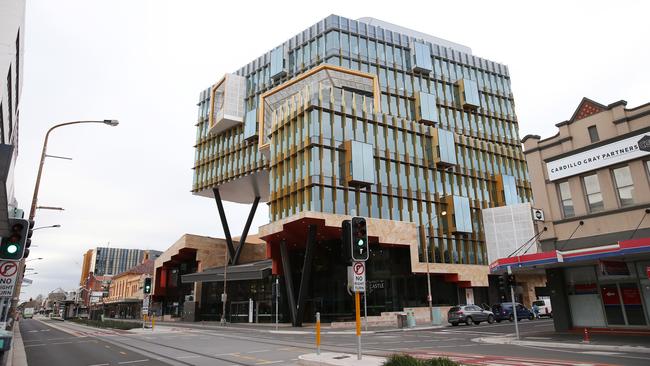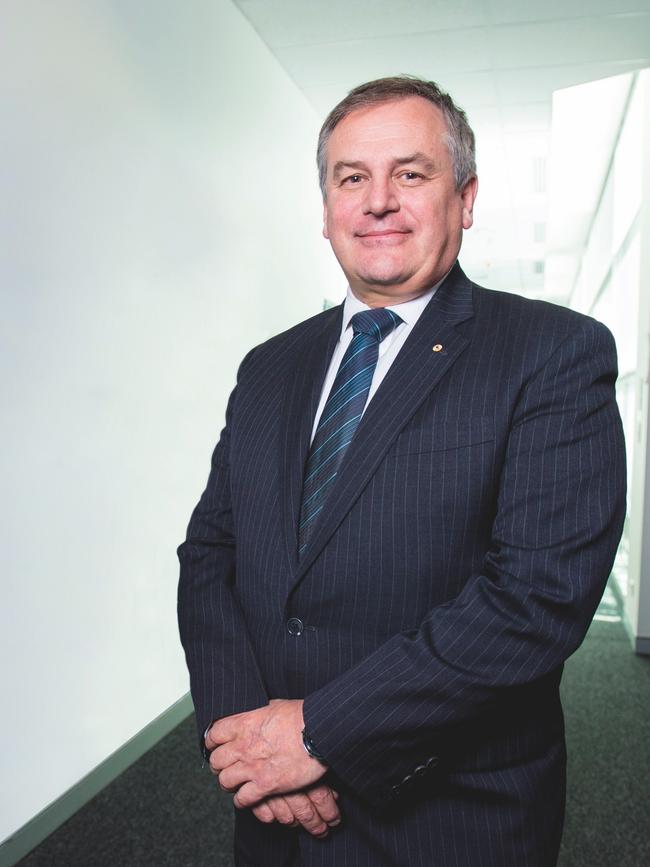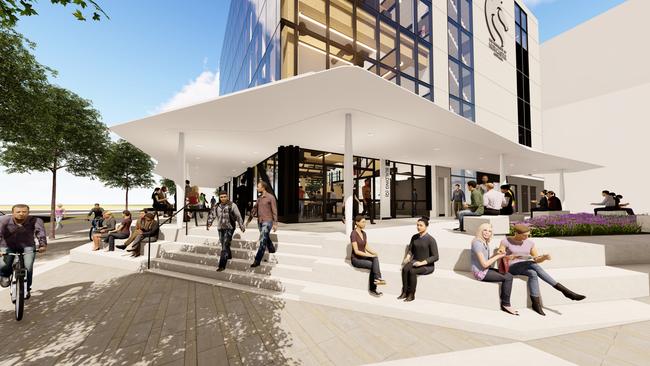University of Newcastle: Vice-Chancellor Alex Zelinsky applauds QS world rankings
In the latest rankings, the University of Newcastle has cracked the top 200 and it’s biggest supporter says the Hunter’s education institute is on it’s way to big things! SEE where it ranked nationally!

Newcastle
Don't miss out on the headlines from Newcastle. Followed categories will be added to My News.
Are the top universities in Australia only in the capital cities? Not according to University of Newcastle’s Vice-Chancellor Professor Alex Zelinsky AO who believes regional areas have a lot to offer.
“The thoughts that you can only be a top university if you’re in a capital city is really old fashioned thinking and reinforces the previous biases where those universities attracted more funding in the past,” he said.
Today the 2021 QS World University Rankings were released and bravo, the University of Newcastle cracked the top 200.
Ranked at 197 out of 1604 institutions in the world, the University of Newcastle jumped 10 spots from last year’s 207, a continual year-on-year improvement in the rankings since 2014.

And looking at just Australian Universities, the Hunter institute ranked 10th below powerhouses Australian National University (ANU) at first place, the University of Melbourne and University of Sydney rounding out the top three.
But Professor Zelinsky — who was “absolutely delighted” with the result — said it seems to be an Australian phenomenon that capital city universities are being labelled as the more prominent education providers.
“If you look around the world, the best universities aren’t always the capital cities,” he added.

“The ones in Australia have some advantages because they were established earlier, but overall I think the best universities are located in regional areas.
“Given time and the trajecture of the university, the economic powerhouse of the Hunter is one of the most prosperous regions in Australia and we’ll be right up there.”
He believes funding plays a big part in the move up the rankings.
“Federal government gives ANU $200 million straight off the top and then they do their business, so if you gave any Australian University $200 million extra, you could easily be doing a lot better,” Professor Zelinsky commented.
“It’s great we’ve got a national university that got it’s own mission but if you have access to funds to invest in teaching and research, the higher you’ll go in the rankings.”
But the University of Newcastle is known for its prominent research.
“Looking at those results, I think the biggest one for us as the biggest contributor is citations, which is how often your research by your academics is referred to by others and that’s seen us move up the rankings,” he said.
And while it’s been a hard slog for most universities across the world and Australia during COVID—19, the University of Newcastle has fared relatively well.
No projects have been cancelled and the Science, Technology, Engineering and Mathematics (STEM) building is on track to start building next year.
There’s also the Honeysuckle City Campus project which is one of many NSW infrastructures project which have been fast-tracked in the wake of the COVID-19 virus.
It’s whether students numbers will be affected for future semesters, mainly international students.
About 19 per cent, or 7500, of their students are from abroad, ranging from China to Africa.

“The only unknown factor is when international students will fully recommence because the longer it goes on, the number of students won’t come in July or September or January and February next year and that creates a pipeline issue and revenue pressures,” Professor Zelinsky said.
“If international travel re-commences before the end of this year, I think we should be OK for next year going forward, it will be a bit tough but the university has a very sound balance sheet and we can handle the pressure.”
“The other thing that was disruptive was we had to move to online teaching because of the social distancing and isolation which put a strain on everybody, staff and students.
“I think we’ve come through that and we expect to be teaching face-to-face in semester two which will be 3rd of August which will be one of the first universities in the country to do so.
“We’re very patient, we’re growing our pie, our portfolio in a very sustainable way, and we’ll continue to climb, not risking too much debt or taking on too many foreign students.”

